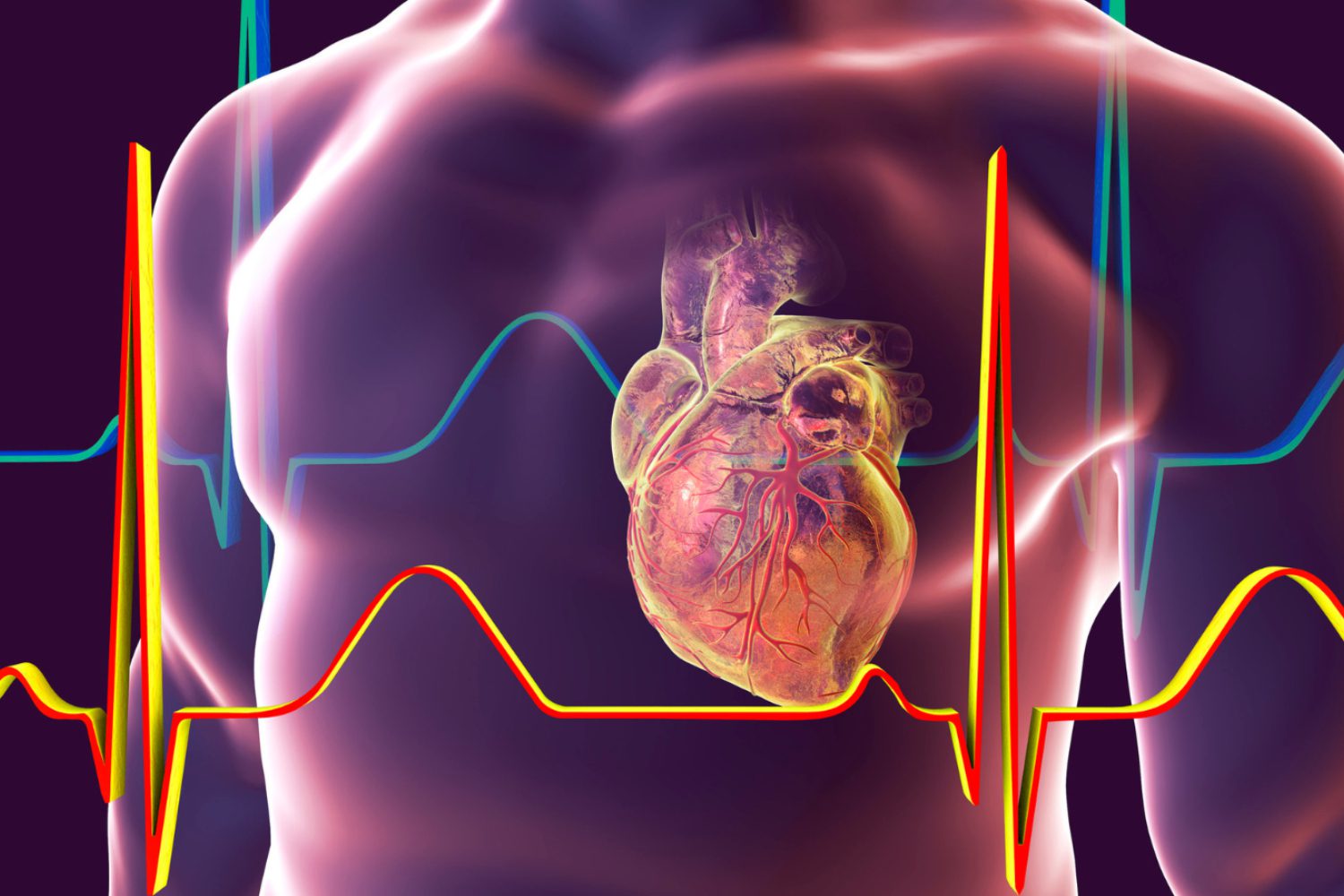Cardiovascular Risk Assessment Specialist
New York Medical and Vascular Care
Cardiologists, Vascular Doctors, Podiatrists, Gastroenterologists, Physical Therapists, Pediatricians, Internal Medicine and Family Medicine Physicians Serving Patients in Sheepshead Bay, Marine Park, Flatlands & Midwood, Brooklyn, New York, Astoria Queens, New York, & Manhattan, New York
Get in Touch
"*" indicates required fields

Cardiovascular Risk Assessment Q & A
What is a cardiovascular risk assessment?
The New York Medical Vascular Care team can determine if your cardiovascular risk level is slight, moderate, or high and offer treatment when necessary.
Why might I need a cardiovascular risk assessment?
Your New York Medical Vascular Care provider might recommend you undergo a cardiovascular risk assessment if you have known risk factors for heart disease. Examples include:
- Older age
- Chest pain
- Shortness of breath
- Lower extremity swelling
- Obesity
- Family history of heart problems
- Physical inactivity
- Poor dietary habits
- Smoking
- Chronic stress
Anyone can develop heart problems, regardless of your risk factors, which is why routine cardiovascular risk assessments are important after you reach a certain age. This is the case even if you don’t have many risk factors.
What does a cardiovascular risk assessment entail?
Your cardiovascular specialist might recommend you undergo blood tests to check cholesterol levels, vascular imaging procedures, an electrocardiogram (EKG), or a stress test to assess your heart disease risks or diagnose a medical problem.
What are my treatment options?
Seeing a health care professional at the first sign of shortness of breath is ideal, as it could be a sign of a serious problem.
If you or a loved one experiences shortness of breath, see the experts at New York Medical Vascular Care. Schedule an appointment by calling the office, booking online, or walking into the nearest location today.
Will I require treatment?
- Weight loss
- Healthy eating changes
- Getting more exercise
- Not smoking
- Reducing stress
- Trying dietary supplements
- Taking certain medications
- Percutaneous Coronary Intervention (PCI)
PCI, also known as angioplasty with stenting, is a surgical procedure in which your provider places a thin, flexible tube (a catheter) into a narrowed blood vessel to widen it, keep it open, and stimulate better blood flow.
If you’re at risk of heart disease or experience new or unusual symptoms, don’t delay undergoing a cardiovascular risk assessment. Schedule an appointment with New York Medical Vascular Care by phone or book online today.
Do you experience leg fatigue, cramping, and pain? You might have Peripheral Vascular Disease.
Ask us how we can help today.
